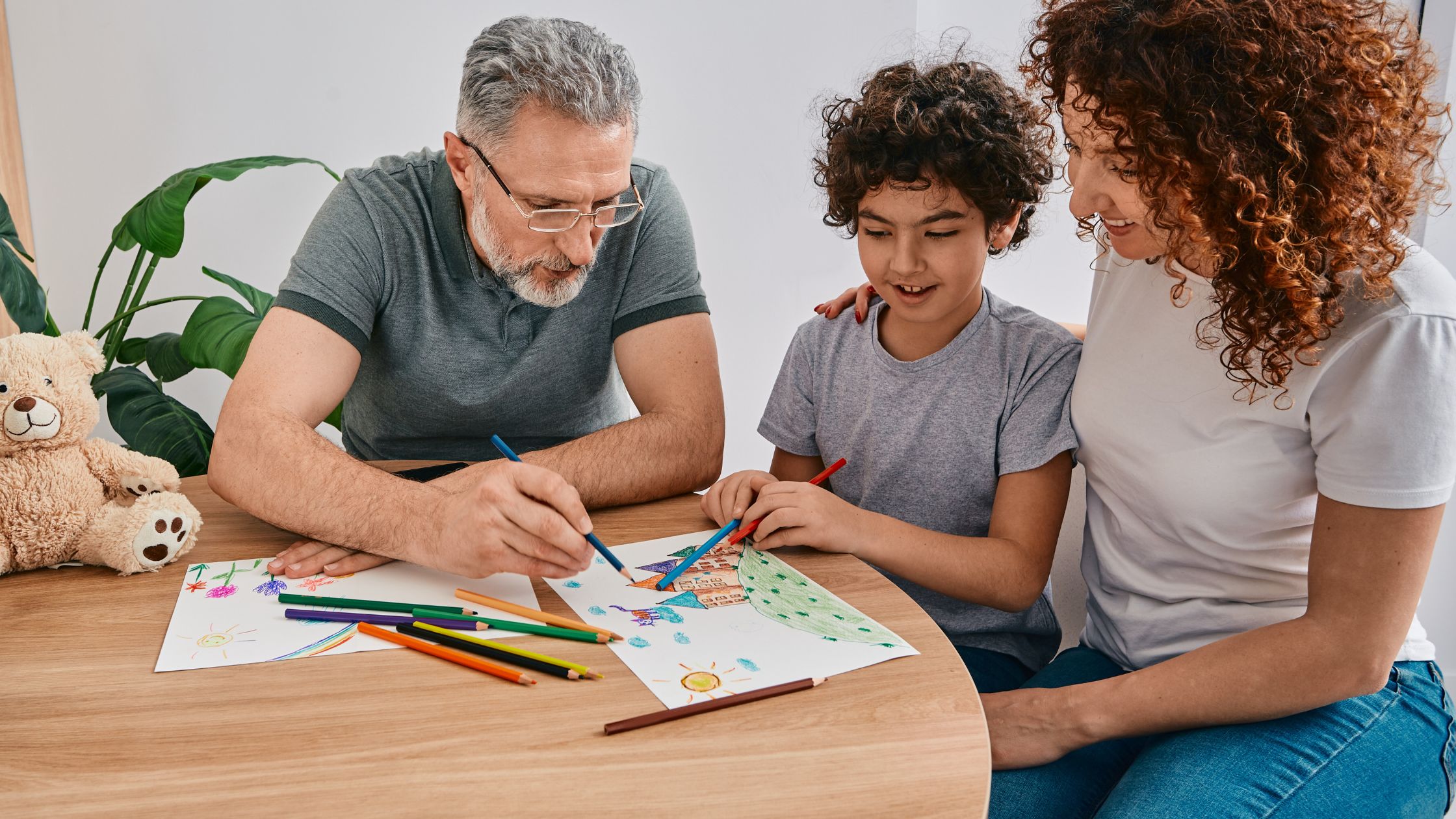Unlocking Resilience
Childhood is a time of innocence and wonder, but for some children, it can also be marked by experiences of trauma that cast shadows on their development. Fortunately, in the realm of mental health and psychological well-being, there exists a powerful tool known as Trauma-Focused Cognitive Behavioral Therapy (TF-CBT). This therapeutic approach has emerged as a beacon of hope for children who have endured trauma, unlocking their resilience and guiding them toward a path of healing and recovery.
Understanding Trauma-Focused Cognitive Behavioral Therapy
Trauma-Focused Cognitive Behavioral Therapy is a specialized form of psychotherapy designed to assist children in processing and recovering from traumatic experiences. It combines two effective therapeutic modalities – Cognitive Behavioral Therapy (CBT) and trauma-focused interventions – to create a structured and evidence-based approach tailored to the needs of young individuals.
Addressing Trauma’s Impact
Traumatic experiences can leave profound emotional scars on a child’s psyche, affecting their thoughts, feelings, and behaviors. TF-CBT recognizes the intricate interplay between these dimensions and offers a comprehensive strategy to address them. By working collaboratively with a trained therapist, children learn to identify and reframe negative thought patterns, manage distressing emotions, and develop healthy coping mechanisms.
The Core Components of TF-CBT
TF-CBT consists of several core components that guide the healing journey for children:
- Psychoeducation: Children are provided with age-appropriate information about trauma, helping them understand their emotional responses and assuring them that their reactions are valid.
- Skill Building: Children learn practical skills to manage anxiety, stress, and other emotional challenges. These skills empower them to regain a sense of control over their thoughts and feelings.
- Trauma Narrative: Children work with their therapist to create a narrative of their traumatic experience. This process aids in processing the memory and reducing its emotional intensity.
- Cognitive Processing: Negative beliefs and thoughts stemming from the trauma are addressed through cognitive restructuring, helping children replace them with more adaptive perspectives.
- Exposure: Gradual exposure to trauma-related triggers in a safe environment helps children desensitize their emotional responses and regain a sense of mastery over their fears.
Promoting Resilience Through Healing
The ultimate goal of TF-CBT is not just to alleviate symptoms but to foster resilience within children. By providing them with a safe space to explore their emotions, teaching them effective coping strategies, and enabling them to reframe their traumatic experiences, TF-CBT equips children with the tools they need to build resilience and navigate challenges in the future.
Empowering Young Hearts and Minds
TF-CBT’s effectiveness in unlocking resilience lies in its ability to empower young hearts and minds to heal. It enables children to rewrite their narratives, transforming trauma from a defining experience into a chapter in their journey of growth. Through this therapy, children learn that their trauma does not define them, and that healing is possible.
Conclusion
Trauma-Focused Cognitive Behavioral Therapy stands as a testament to the capacity of psychological interventions to transform lives. By providing children with the tools to process trauma, manage emotions, and build resilience, TF-CBT empowers them to reclaim their sense of self and move forward with renewed hope. As we continue to unlock resilience in the hearts of children through this therapeutic approach, we offer them a chance to overcome adversity and embrace the boundless potential of their futures.




